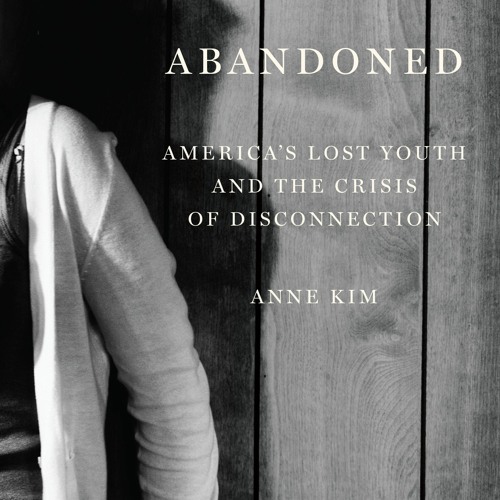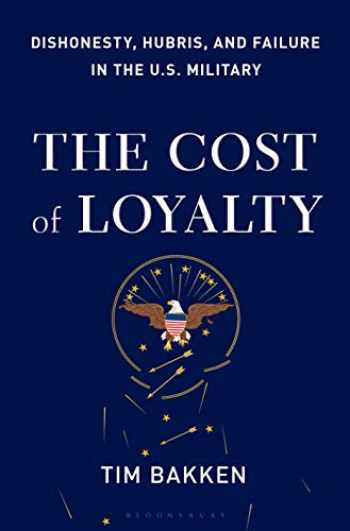EP 382 A Soldier’s Disillusionment With Our Longest War
Before we engage in any war, Erik Edstrom asks us to imagine three visions: First, imagine your own death. Second, imagine war from ‘the other side’. Third, imagine what might have been if the war had never been fought. Through that lens and his own combat experience, Edstrom graphically depicts why in all his time in Afghanistan he never felt that he would possibly die for ‘something worth fighting for’. Provoking us to think whether America has gotten too comfortable venerating the military, without seriously examining its shortcomings and excesses, he suggests the Department of Defense may more aptly described as the Department of Offense. America’s indiscretions on the battlefield, and killing of non-combatants at a rate of 300 to 1 in response our losses on 9-11, begs in his view for a wholesale examination of our deployment of the military. In his book, ‘Un-American’, he describes his evolution from a young West Point graduate who didn’t think ‘our wars were self-perpetuating, self-defeating and immoral’ to a solider on the battlefield who came clearly to see the opposite. His descriptions of loss on all sides is graphic and disturbing, but highly revealing. We often only see war as something ‘over there’. He feels that the military’s greatest fear is that someone might do to us what we do to others. He strips away the Disneyification of the military and forces us to consider our recent choices to employ force around the world.
Podcast: Play in new window | Download








